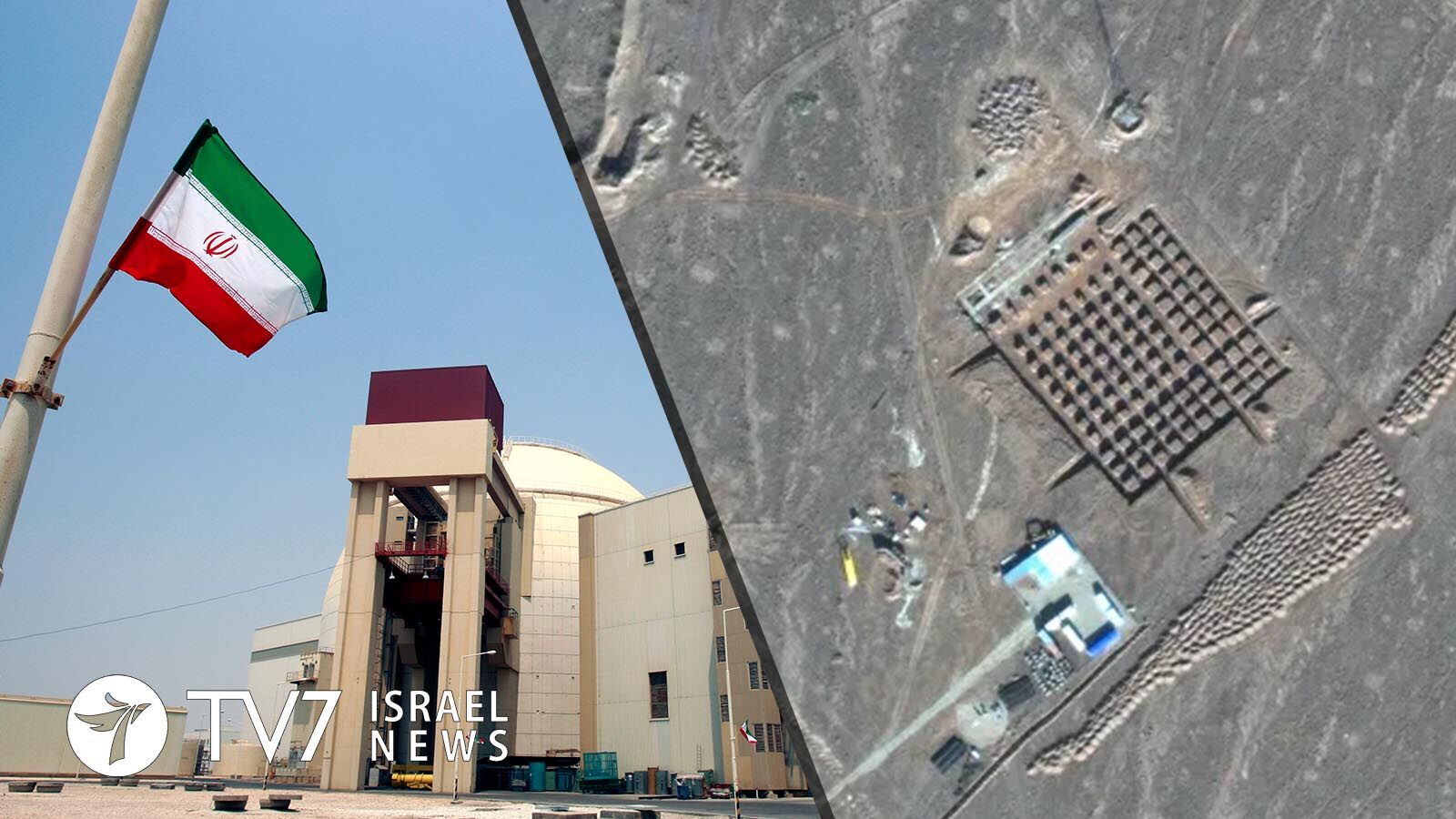Iranian security forces thwarted a planned attack on the country’s major atomic center by a network the “Zionist regime” is accused of recruiting, reported state television in the Islamic Republic.
By Erin Viner
After contacting the neighbor of an employee of the IR-6 section at the uranium enrichment plant, said the televised report, an “Israeli officer” under cover as the manager of a Hong Kong-based company persuaded both Iranians and possibly others to carry out the attack in exchange for payment in cash and cryptocurrency.
Security operatives for the Islamic Revolutionary Guards Corps (IRGC) reportedly monitored and broke up the cell before it could act, arresting an unspecified number of suspects. This, according to the IRNA state news outlet as well as a new agency calling itself the “Revolutionary Guards Nuclear Command,” which it said had been created to oversee defense and security matters at nuclear installations.
The alleged sabotage was slated to be carried out ahead of the Nowruz Persian New Year beginning on 21 March 21, according to the televised report.
In related developments, Israeli media is reporting that hundreds of drones were destroyed in the attack on an Iranian airbase near the western Kermanshah province mid-February. While neither country has officially commented on the report, Tehran is said to have attributed responsibility for the attack to Israel.
Earlier this week, the IRGC launched an unprecedented ballistic missile strike on what it claimed was an Israeli intelligence base near Erbil in the autonomous Kurdish region in Iraq, in what some analysts speculate may have been retaliation for the Kermanshah drone attack.
Regional arch-foes Israel and Iran are believed to have engaged over the past years in a covert “shadow war allegedly involving cyber and military attacks on the other side, particularly on the high seas.
Yesterday Israel’s Ministry of Communications acknowledged that a “broad cyber attack” crashed a number of websites including those operated by the government. Service was quickly restored, and Jerusalem did not publicly attribute blame on any specific culprits.
Last year Microsoft listed Israel as the 7th most targeted country in the world for cyberattacks, with the number of attacks attributed to Iran quadrupling; while the Israel National Cyber Directorate reported “a dramatic increase” in the number and effectiveness of cyber-attacks in Israel and around the world.
Iran has accused long Israel of carrying out several attacks, including what it called “nuclear terrorism” in an incident that disrupted the flow of power at Iran’s underground Natanz uranium enrichment facility in April 2021. The same advanced centrifuge assembly plant was allegedly sabotaged by unexplained fires in 2020. Iran also blamed Israel for the November 2020 assassination of senior nuclear scientist Mohsen Fakhrizadeh considered the ‘Father’ of the Islamic Republic’s military nuclear program decades earlier.
Israel has neither denied nor confirmed any of the allegations, and the office of Prime Minister Naftali Bennett had no immediate comment on the latest reports of attempted sabotage at Fordow.
Tehran has recently prevented the International Atomic Energy Agency (IAEA) from accessing its surveillance camera footage at Fordow, where it has resumed uranium enrichment; claiming it would be handed over only when international sanctions have been lifted. Iran is currently enriching uranium up to its highest-ever rate of 60%.
The latest developments come as nearly year-long negotiations between Iran and world powers in Vienna aimed at restoring the Joint Comprehensive Plan of Action (JCPOA) nuclear deal have been suspended following new demands from Russia for the removal of punitive economic measures by the international community imposed over its 24 February invasion of Ukraine.
